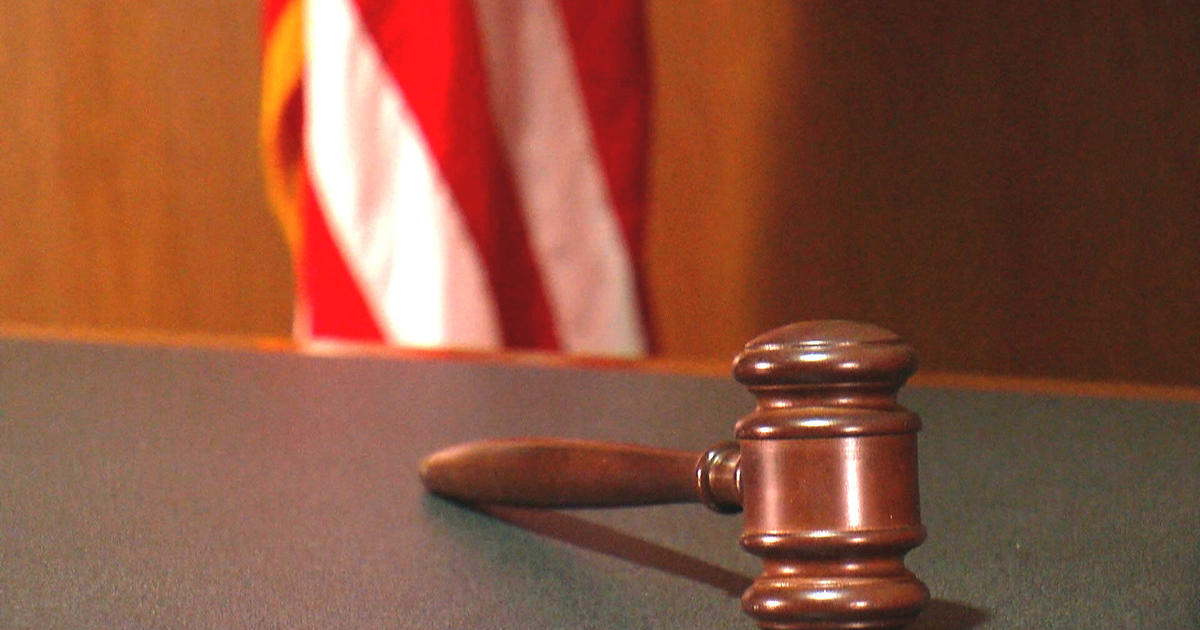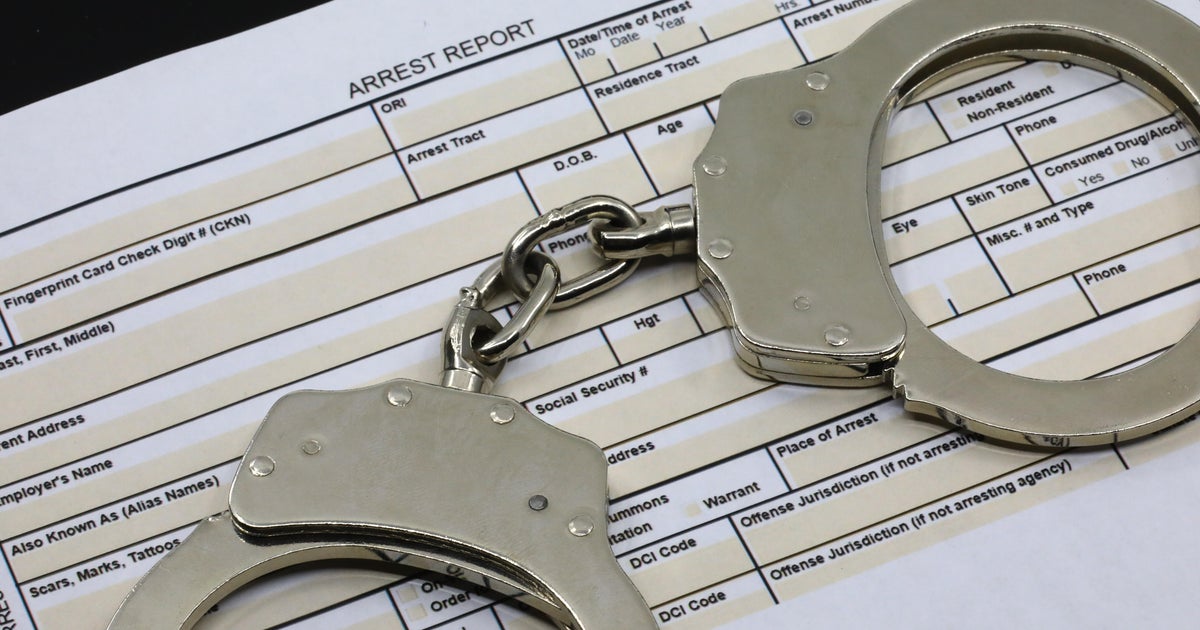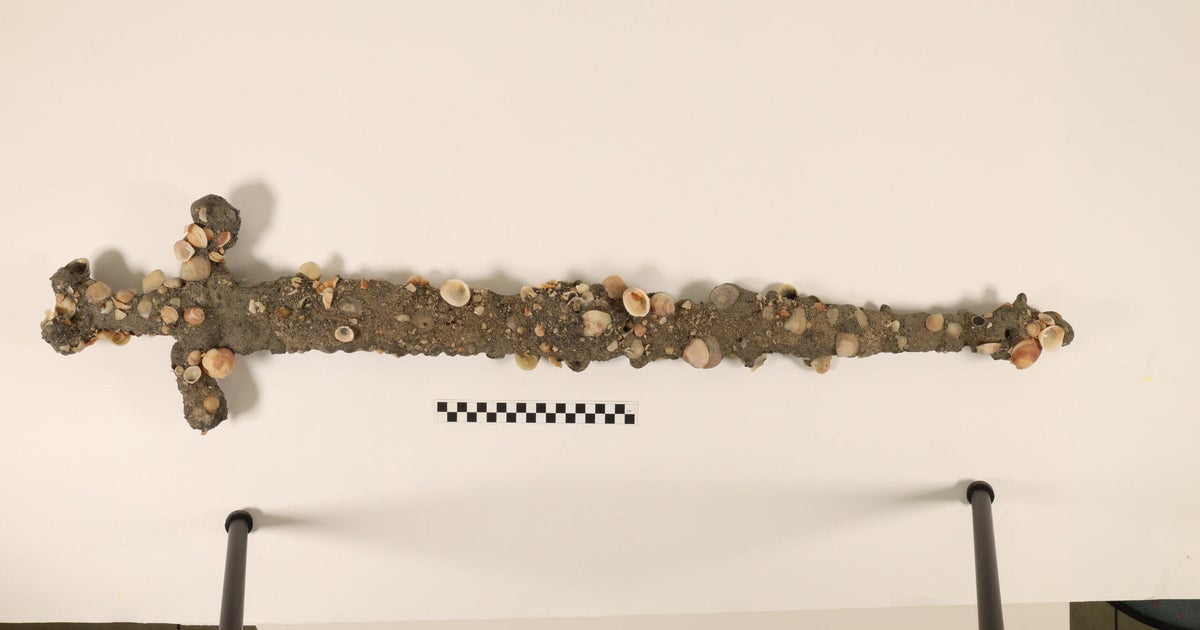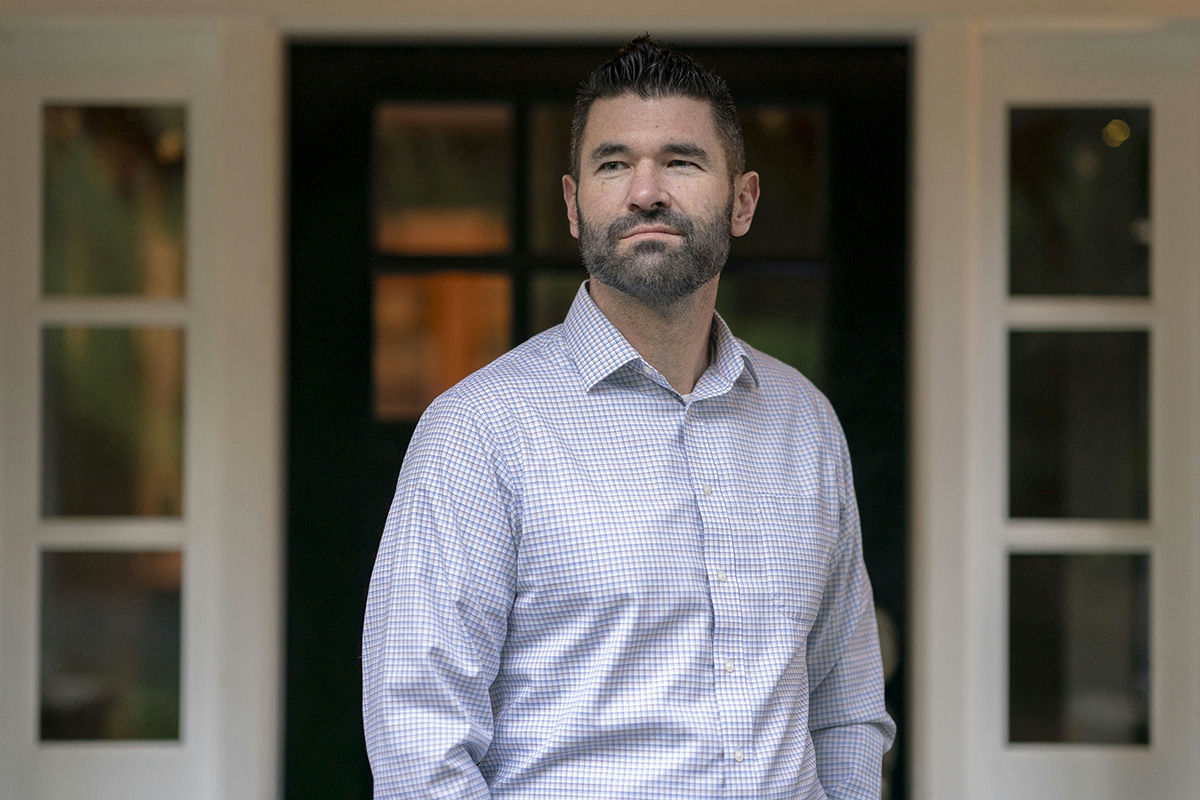Thousands of allegations of sexual misconduct shared by students at schools across the U.K.
London — Nearly 15,000 anonymous accounts of sexual misconduct, including harassment, groping, and rape, have been shared online by students from schools across the U.K. The flood of stories, affecting children as young as nine years old, has triggered investigations at some of the country's most elite educational institutions, a government inquiry, and a national reckoning that has been compared to the global #MeToo movement.
"It is deeply concerning to see the number of accounts published on this website," London's Metropolitan Police said in a statement, encouraging people who submitted stories to reach out to law enforcement.
"We have a real problem here," Simon Bailey, the National Police Chiefs' Council leader for child protection, told BBC News.
"He turned to me, held me down and raped me."
The accounts range from stories of misogyny and harassment to sexual violence:
"I was 14 years old and a friends boyfriend text me to meet up and share a cigarette," one account said. "We met at some garages near my house and we're laughing and joking whilst we smoked. It started to rain and he said we should go and sit inside one of the garages. As we sat together he turned to me, held me down and raped me. When I clearly said no he told me he'd tell everyone at school that I had anyway so I might as well. I told my best friend the next day and she told me he had already told everyone I'd slept with him and they I was a little slut I'd enjoyed it so much."
"I have been groped in chemistry lessons and lunch queues," another story said. "Boys have no qualms about discussing girls bodies and their sexual prowess in front of their faces. I have sat there whilst boys shared girls nudes on group chats and around the class. Offensive nicknames and ratings of girls body parts are extremely common. Boys will loudly discuss a girl's sexual activity in the middle of class and openly harass and shame her. multiple boys in my year have tried to coerce me into sending nudes, making me feel guilty when i refused, calling me boring and later slut shaming me for my outfits."
Soma Sara, 22, runs the website that has so far published 14,938 of these accounts. She said she started the project last summer after having conversations with her childhood friends. This spring, when she put out a call for people to submit their own experiences, it went viral.
"We just discovered how many of us have had these experiences of sexual violence and rape culture and abuse throughout our teenage years, which we were hiding from each other at the time, and also the adults in our life," Sara told CBS News.
The term "rape culture," Sara said, describes "behaviors that aren't normal, that are actually normalized. So things like sexual harassment, the misogyny, the sexist, derogatory comments, the nonconsensual sharing of intimate photos. When things like that are normalized, this can actually act as a gateway to more extreme criminal acts, such as rape and sexual assault."
She said that giving people a platform to share their stories without sharing their identities was important.
"We are living in a culture that stigmatizes sexual violence to such an extreme extent that no one talks about it... The anonymity aspect is crucial, because that's the only way that people feel able to share."
By highlighting the individual stories, Sara said she's trying to shine a light on — and eventually eliminate — "rape culture."
"Everyone is affected by rape culture, and I believe that it's everywhere. I think it's in all schools, all universities, all of society."
"We can teach students that sexual violence is not acceptable."
Sara began sharing stories in June last year, around the same time that dozens of students at universities across the U.K. and the U.S. were using Instagram accounts to share anonymous experiences of sexual misconduct on college campuses.
Carter Woodruff, a student at Brown University in Providence, Rhode Island, helps run one of those accounts. She says was sexually assaulted at the start of her senior year in 2019 and had to take time off from school.
"We have finally found an outlet for survivors to be validated about what happened to them and to share their stories, and also to contribute to this movement, because the collection of all of these stories ultimately is resulting in mass mobilization in many contexts," she told CBS News.
Woodruff has helped organize protests against sexual violence at Brown, and helped to launch a nationwide network of student survivors to fight for change on campuses across the U.S.
"We are learning how we should be behaving with the society around us in these contexts, and we can teach students that sexual violence is not acceptable," she said.
Soma explained that, because of a lack of education on the issue, many young people don't know that they're victims — or perpetrators — until later in life.
"The individuals or children perpetrating these behaviors, they're not aware of the gravity of their actions, especially, you know, when it's happening at 14, 13. And the same goes for the victim," she said. "That's why I think [when] you read those testimonies, you see so many accounts of delayed and repressed trauma."
"The truth is, we don't need to put up with this."
In both the United States and Britain, the vast majority of rape reports made to police aren't prosecuted. In the U.K., the government has created a helpline to offer support and advice to victims and survivors. The Department of Education is also launching an inquiry into how schools in England handle sexual harassment and assault.
Sara has been talking with the police and the government, and now signposts the number to the new helpline on her website. But she said a more comprehensive solution to the problem can only come from a greater understanding of how rape culture permeates society on both sides of the Atlantic.
"What I'd really like to emphasize and highlight is the importance of continuing these conversations," Sara said. "I think this is how you achieve that cultural shift. It's about raising awareness, talking to people. Talk to your friends. Talk to your mom. Talk to your daughter. Talk to your dad."
"We've been so accustomed to this issue of sexual violence that we almost forget it exists, because it's such a part of our daily lives," Woodruff said. "But the truth is, we don't need to put up with this, and there are thousands of us across the United States who are ready to put an end to it."



